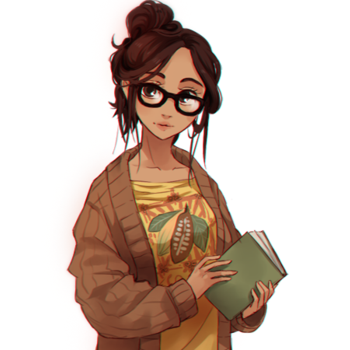Why did the 18th Amendment fail to stop alcohol consumption?
1 Answer
More people ended up illegally creating liquor at home, opening illegal bars, and smuggling it from other countries.
Explanation:
So the 18th Amendment of the Constitution prohibited the production, buying, and selling of liquor (alcohol).
Everyone has his own opinion of liquor. The support for the prohibition was strongest in the rural areas, while in contrast, the opposition for it was strongest in the cities.
It was very difficult to enforce the prohibition and so Congress decided to pass the Volstead Act, which would set fines and punishments for disobeying prohibition. Many could not see the harm of enjoying a bit of alcohol and started making their own alcohol at home with household products and buying alcohol at illegal bars.
Criminals, such as Al Capone, were able to take control of the illegal alcohol business and either made their own alcohol or smuggled it in from other countries; they would bribe officials and even politicians so not to get arrested. Due to the lack of support to enforce the prohibition, the 18th Amendment was repealed in 1933 with the Twenty-first Amendment.
This was my answer for a question in U.S. History on Prohibition. My teacher gave me a 100, so don't worry about wondering if it's wrong.

